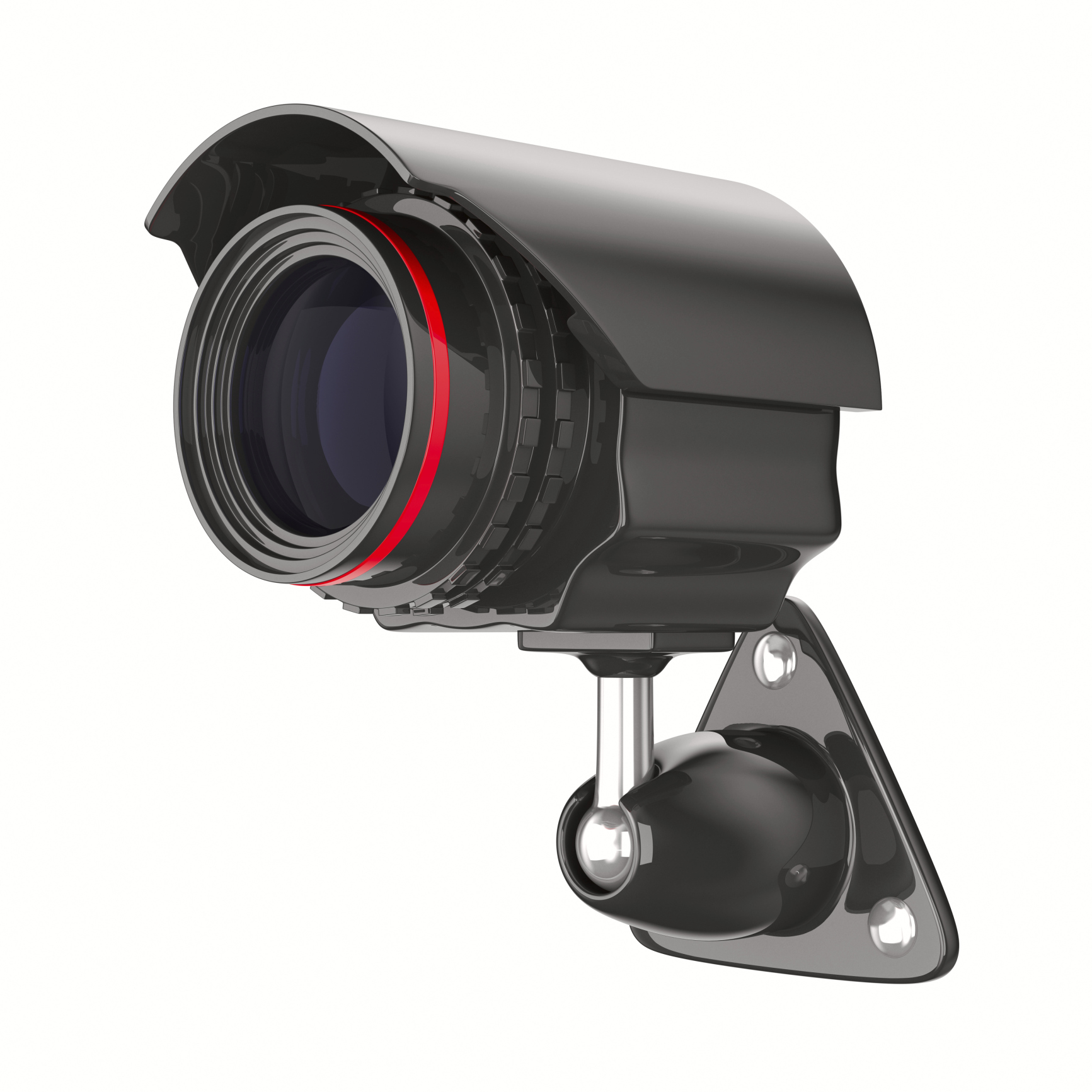In a recent survey conducted by the Canadian Internet Registration Authority (CIRA), about half (49 per cent) of Canadians believe it is acceptable for the government to monitor email and other online activities of the population in some circumstances.
About those circumstances…about 77 per cent of Canadians are willing to accept online surveillance if it prevents “future terrorist attacks.”
Since May of this year, media outlets and stakeholder groups around the world have been consumed by the revelations that the U.S. government monitors the activities of Internet users around the world. The scandal prompted CIRA to poll Canadians for their views on the subject with the help of public opinion research firm Ipsos Reid.
The results are startling enough that CIRA, which manages the .CA Internet domain, is calling for a national dialogue on the subject.
As recently as January of this year, the “Survey of Canadians on Privacy-Related Issues,” from the Office of the Privacy Commissioner of Canada, found that two thirds of Canadians were concerned with protecting their privacy.
CIRA’s survey results are especially disturbing given that that unlike with phone taps or the opening of mail, both of which require a warrant, online surveillance often happens without transparent judicial oversight – and yet appear to be raising relatively little concern.
“Trust is the foundation that supports all transactions – social, financial and at the Domain Name System – on the Internet,” said Byron Holland, President and CEO of CIRA. “When an uninvited third party is introduced into those transactions it erodes that trust. It erodes all that has enabled the Internet to be the greatest driver of positive social and economic change in centuries.”
Canadians’ apparent apathy may be rooted in simple ignorance. CIRA’s survey found that only 18 per cent of Canadians believe Internet activity is confidential. Four in 10 believe the Canadian government is tracking their Internet activity.
But as the Snowden affair has revealed, all Internet activity that has any touch point in the U.S. may be monitored. Considering that Canadian Internet traffic routinely routes through the U.S., this means that individual Canadians can be as much, or even more, under the lens of PRISM as any American, without the benefit of any judicial oversight.
“In the 1970s, outrage with unauthorized mail openings and wiretaps without warrants resulted in the MacDonald Commission, and ultimately the creation of the Canadian Security Intelligence Service,” added Holland. “Where has this rage gone? Has our moral compass shifted enough in the decades since that we’re now okay with governments tracking our every move?”
According to Michael Geist, the Canada Research Chair in Internet and E-commerce Law, “These are discouraging but important results. As much of the world is engaged in a fierce debate over surveillance, Canadian complacency is a major issue.”
Geist added that this speaks to the need for greater public education and awareness of current surveillance activities, oversight programs, and the implications for privacy and freedom of expression for all Canadians.
David Fewer, the director of the CIPPIC, said that this poll demonstrates the complexity that underpins surveillance issues. “While clearly a majority of people would accept some loss in privacy if it would prevent terrorist attacks, the mass and indiscriminate monitoring of all Canadians’ online activities is neither necessary for the foiling of terrorist plots, nor a guarantee of safety.”





Not really surprised with the results. Most don’t care about their social networks, email services, what accesses their accounts when installing an app, etc.